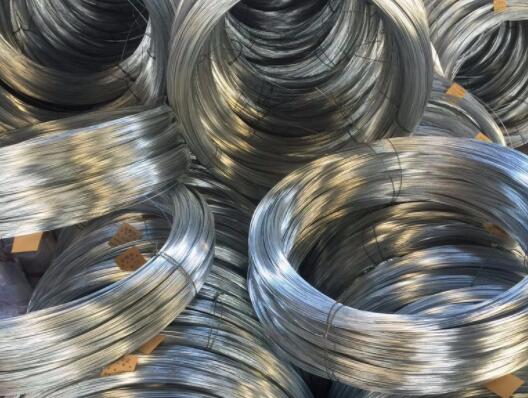Understanding Drywall Screws for Door Hinges A Comprehensive Guide
When it comes to home improvement and construction, the choice of fasteners is crucial to the longevity and functionality of various installations. One often-overlooked aspect is the selection of the appropriate screws for specific applications, such as door hinges. In this article, we will explore why drywall screws are sometimes used for door hinges, the pros and cons of this choice, and the best practices for securing hinges effectively.
The Basics of Drywall Screws
Drywall screws are designed primarily for fastening gypsum board to wood or metal studs. They typically feature a sharp tip for easy penetration and threads that extend the length of the screw for better grip in drywall. These screws are often coated to prevent rust and are available in various sizes and lengths. However, while drywall screws possess specific advantages in drywall applications, they may not always be the best choice when it comes to door hinge installation.
When to Use Drywall Screws for Door Hinges
One of the main reasons people consider using drywall screws for attaching door hinges is their availability and cost-effectiveness. Most people have drywall screws lying around from previous projects, making them a convenient option. Moreover, their sharp tips can penetrate wood easily, allowing for quick installations.
However, it's essential to understand the limitations when applying these screws to door hinges. The strength and durability of door hinges are paramount for ensuring that doors operate smoothly. Door hinges are subject to varying forces — both pull and torque — especially in high-traffic areas. While drywall screws can hold initial weight, they may not withstand the long-term stress that comes with regular use.
Pros and Cons of Using Drywall Screws
drywall screws for door hinges

Pros 1. Availability and Convenience Since drywall screws are commonly found in most toolboxes, they may seem like an easy option for quick projects. 2. Cost-Effective Drywall screws are usually cheaper than specialized screws, making them an attractive option for budget-conscious DIYers.
Cons 1. Strength Limitations Drywall screws are not engineered to handle the lateral forces that door hinges endure, making them prone to stripping or breaking over time. 2. Corrosion Risk Unless specifically designed to be moisture-resistant, standard drywall screws can rust, especially if they're used in exterior applications or in damp environments. 3. Poor Grip The design of drywall screws is not ideal for securing hinges firmly. Their threads may lead to a loose fit, causing doors to sag or malfunction.
Best Practices for Securing Door Hinges
If you want to ensure the durability of your door installations, it’s best to consider screws specifically designed for hinges, such as wood screws or hinge screws. These screws are particularly crafted to withstand the forces applied to hinges and provide a more secure hold.
1. Choose the Right Screw For wooden doors and frames, select wood screws that are long enough to penetrate the thickness of the frame while ensuring they engage enough material for a sturdy hold. 2. Pre-Drilling To avoid splitting the wood when installing screws, especially near the edge of a door frame, pre-drill holes before inserting screws. 3. Use the Right Size Ensure that the screws you choose match the size of the hinge holes. A screw that is too long can penetrate too far, while one that is too short won't provide adequate support. 4. Consider Stainless Steel If your hinges will face moisture (in bathrooms or kitchens), opt for stainless steel or galvanized screws to prevent rust and corrosion.
Conclusion
While drywall screws may appear to be a practical solution for attaching door hinges due to their availability and cost, they're often not the best choice for ensuring long-term functionality and strength. By choosing the appropriate screws specifically designed for hinges, you can secure your doors effectively and enhance their durability. In any construction or renovation project, investing in the right materials will always pay off in the long run.

















